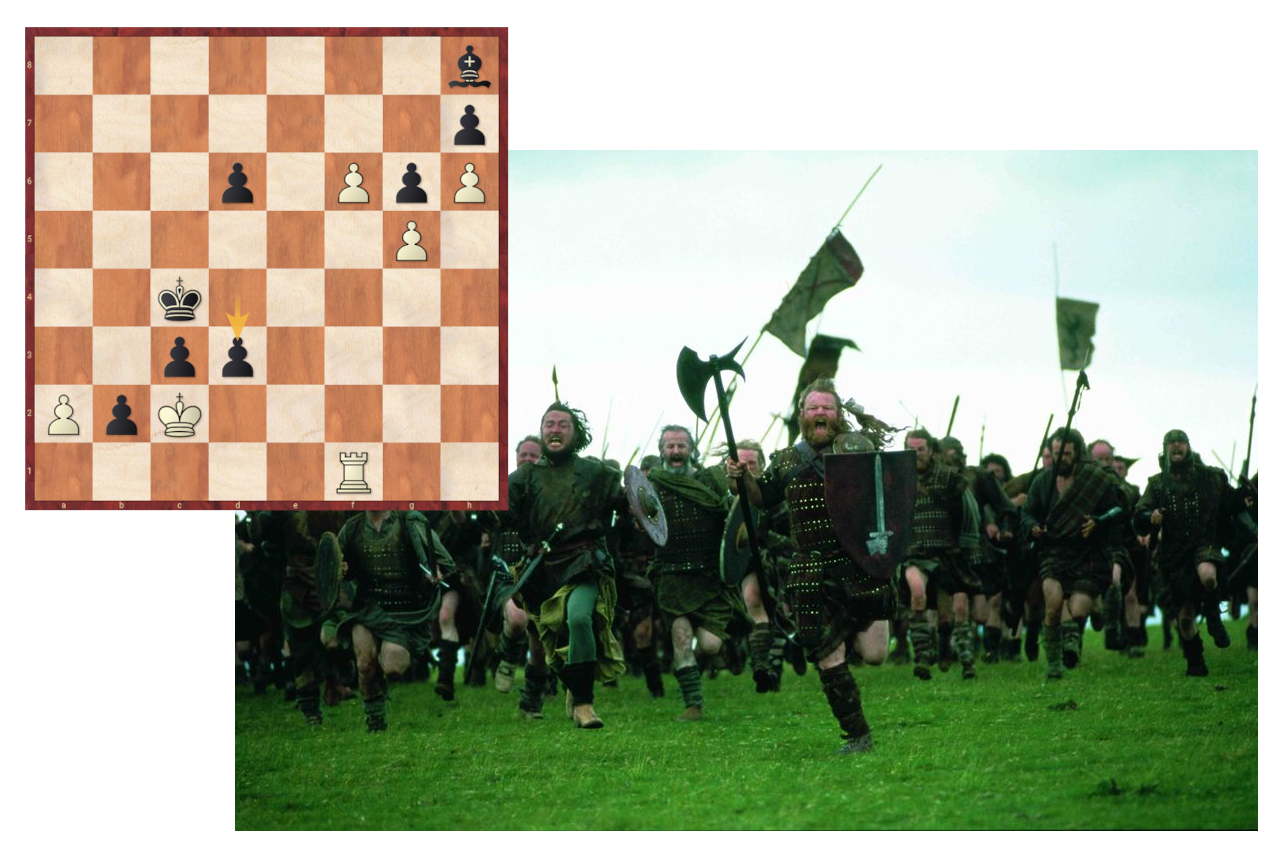


ChessBase 17 - Mega package - Edition 2024
It is the program of choice for anyone who loves the game and wants to know more about it. Start your personal success story with ChessBase and enjoy the game even more.
[Note that Jon Speelman also looks at the content of the article in video format, here embedded at the end of the article.]
Attack like a Super Grandmaster
In this Fritztrainer: “Attack like a Super GM†with Gukesh we touch upon all aspects of his play, with special emphasis on how you can become a better attacking player.
Today I’m returning to a subject I’ve covered a number of times in the past: passed pawns. This arose through a game which I happened to see online, in which Greece’s first-ever grandmaster Vasilios Kotronias was overwhelmed by an absolute horde of them. The final phase is extraordinary and somewhat reminiscent of the famous game McDonnell versus De La Bourdonnais.
Passed pawns are a crucial aspect of chess and your attitude to them can have a profound effect on how you play and, in particular, your opening choices. I had a very bad experience more than 50(!) years ago in the Hastings Challengers, and it still makes me rather more nervous of them than I really ought to be. Among other things, I’m loth to play the Grünfeld as Black — which is very appealing, but I’d have to learn of course, and more saliently here, as it does often lead to White having a potentially very powerful but also sometimes weak passed pawn on the d-file.
I’ve included that game and also McDonnell versus La Bourdonnais (though both have appeared here before), and I’m concluding with some tactical positions in which passed pawns play a crucial role. And, finally, Sam Loyd’s famous problem: the Excelsior!
Select an entry from the list to switch between games
Master Class Vol. 12: Viswanathan Anand
This DVD allows you to learn from the example of one of the best players in the history of chess and from the explanations of the authors how to successfully organise your games strategically, and how to keep your opponent permanently under pressure.
| Advertising |